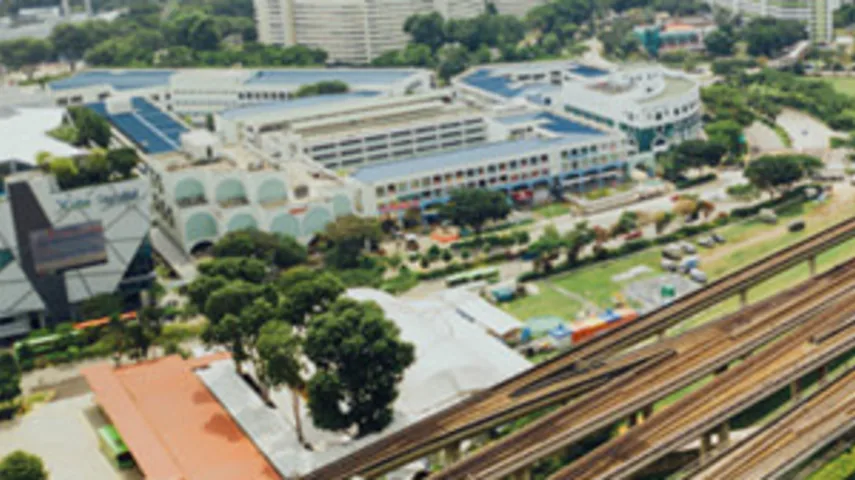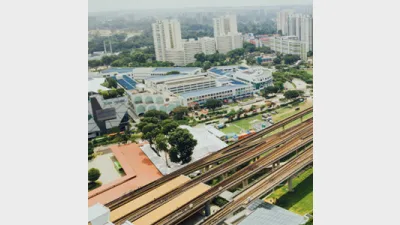Are ESG comparisons fair



What does sustainability mean in the context of infrastructure and why is it so important?
Most LPs view infrastructure as a long-term and low risk investment. That is what they are looking for from this asset class. But that can only be achieved if there is a long-term approach to the underlying risks.
In its broadest form, sustainability simply means taking a long-term view of the environmental, social and financial context in which your asset is operating. Although owning trophy assets has its attraction for some, investing in infrastructure isn’t about owning steel and concrete! Longevity and predictability of outcomes is key and anything that undermines that longevity and predictability should be seen as a material risk.
Take ports, for example. Although it’s not an area where we invest, the investment rationale is typically predicated on an expansion in global trade, with local factors overlaid. But how much consideration do LPs give to the fact that ports – especially when including the emissions of the shipping traffic using their facilities – are some of the most polluting assets in the world? How much time is spent considering contingency plans for rising sea levels?
There is a real risk that either these assets are going to be worthless at some point or else you are going to have to pour a whole load more concrete to keep them above sea level. With such examples, long-term sustainability has to be called into question – which then begs broader questions around the level of growth in global trade, potential benefits of limiting the distances goods are transported, and so on.
Recommended for you
Everyone has their own reason for wanting to stay healthier, for longer.As a super fund, you're in a unique position to ...
The evolution of financial technology continues accelerating with the emergence of high-speed blockchain networks that e...
Australian property prices are rising again, presenting a compelling opportunity for investors. For the first time in fo...
For the first time in four years, every Australian capital city recorded simultaneous quarterly price growth—fuelle...










